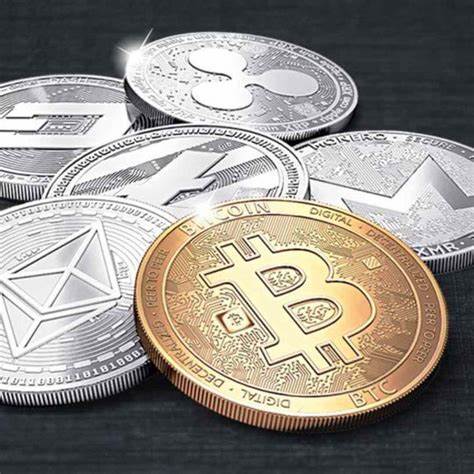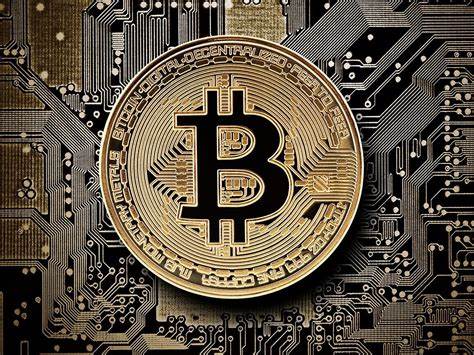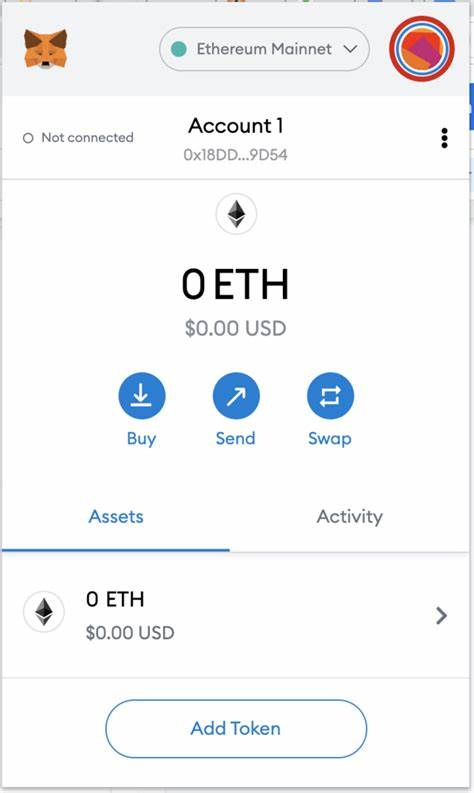In El Salvador, there has been a recent development concerning the Chivo Bitcoin wallet, as reports have surfaced suggesting that it is flagging transactions made through the privacy-focused Wasabi wallet. This move has raised concerns and sparked discussions within the cryptocurrency community about the implications it may have on privacy and financial autonomy in the country. The Chivo wallet was introduced by the Salvadoran government as part of its groundbreaking initiative to adopt Bitcoin as legal tender. While this move was hailed as a major step towards financial inclusion and innovation, reports now indicate that the wallet may be monitoring and flagging transactions made through the Wasabi wallet, a popular tool known for its emphasis on user privacy and anonymity. This development has led to questions about the level of privacy and anonymity that users can expect when using the Chivo wallet.
Many in the cryptocurrency community believe that the ability to conduct transactions privately is a fundamental aspect of financial freedom and autonomy, and any attempts to restrict or monitor such transactions could undermine these principles. The reports claiming that Chivo is flagging Wasabi transactions have sparked debates about the balance between regulatory oversight and individual privacy rights. While some argue that monitoring transactions is necessary to prevent illicit activities such as money laundering and terrorist financing, others contend that it is essential to uphold the right to financial privacy and anonymity. The implications of these reports are significant, especially in the context of El Salvador's ambitious experiment with Bitcoin. As the country continues to navigate the challenges and opportunities presented by this new financial landscape, the issue of privacy and autonomy in transactions will undoubtedly remain a key point of contention.
For now, it remains to be seen how the Salvadoran government and the cryptocurrency community will respond to these reports and address the concerns raised. The future of financial autonomy and privacy in the country may ultimately hinge on the resolution of this issue, as El Salvador continues to chart its course in the world of digital currencies.









